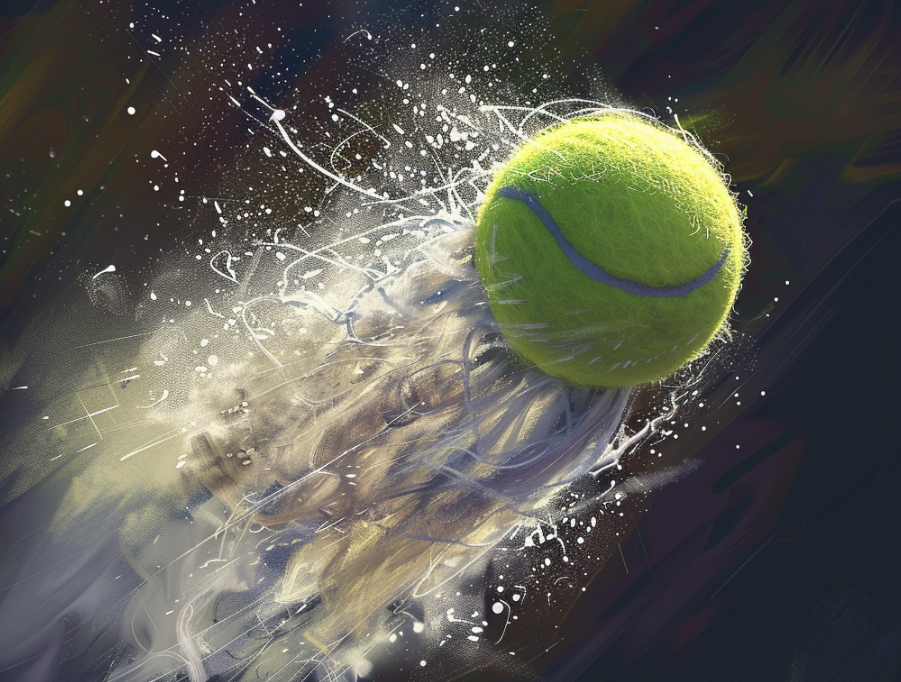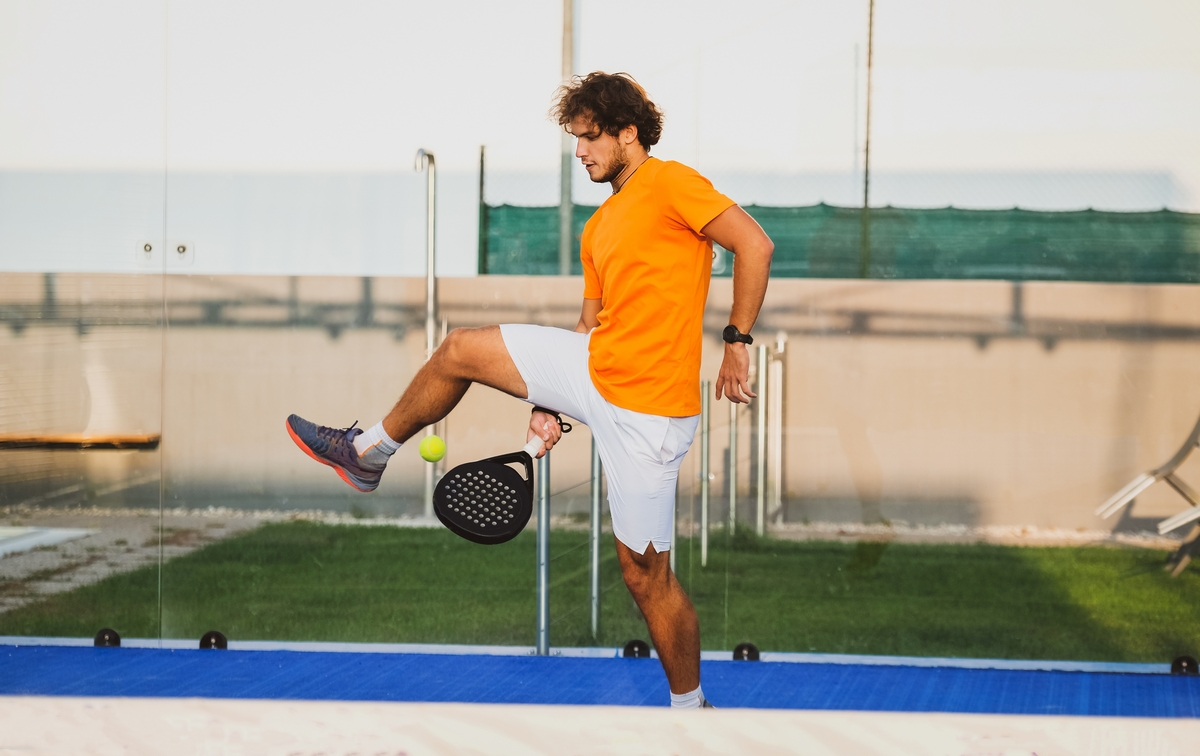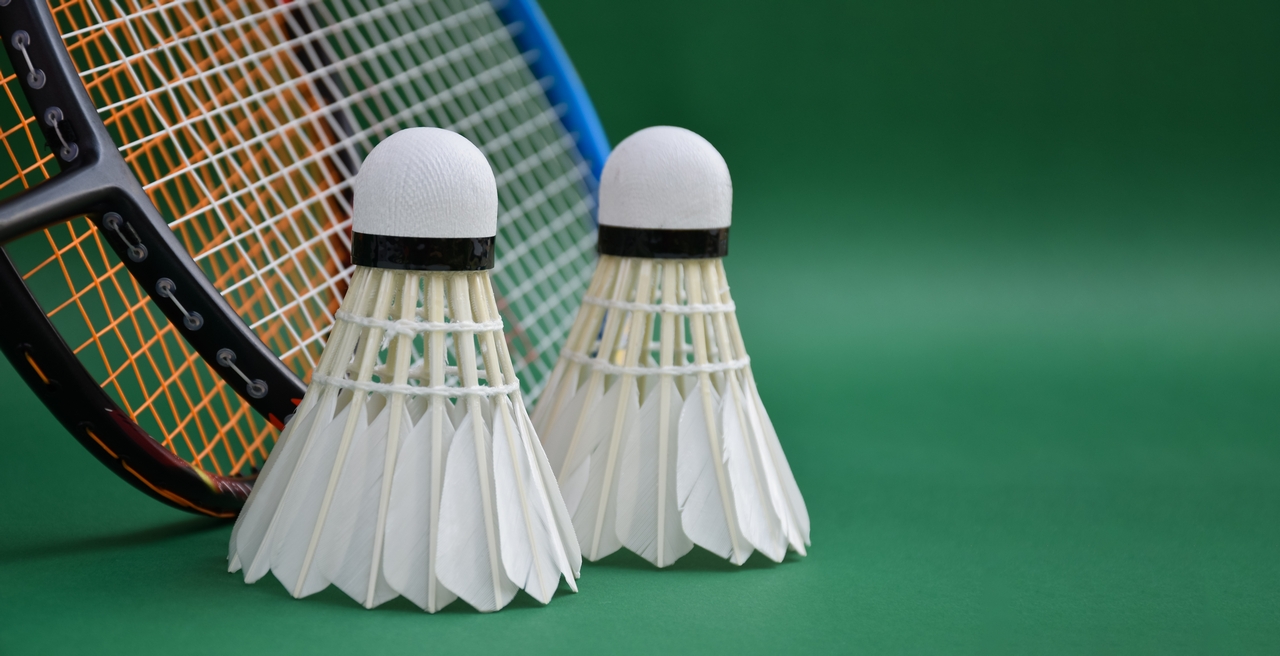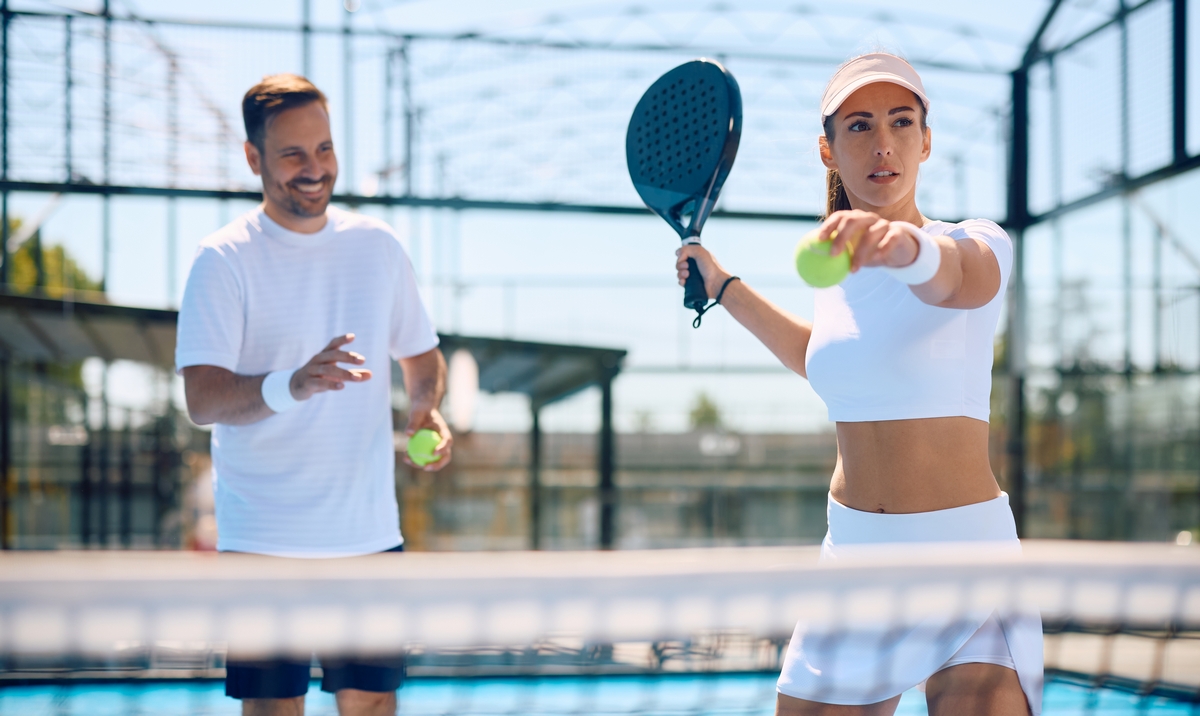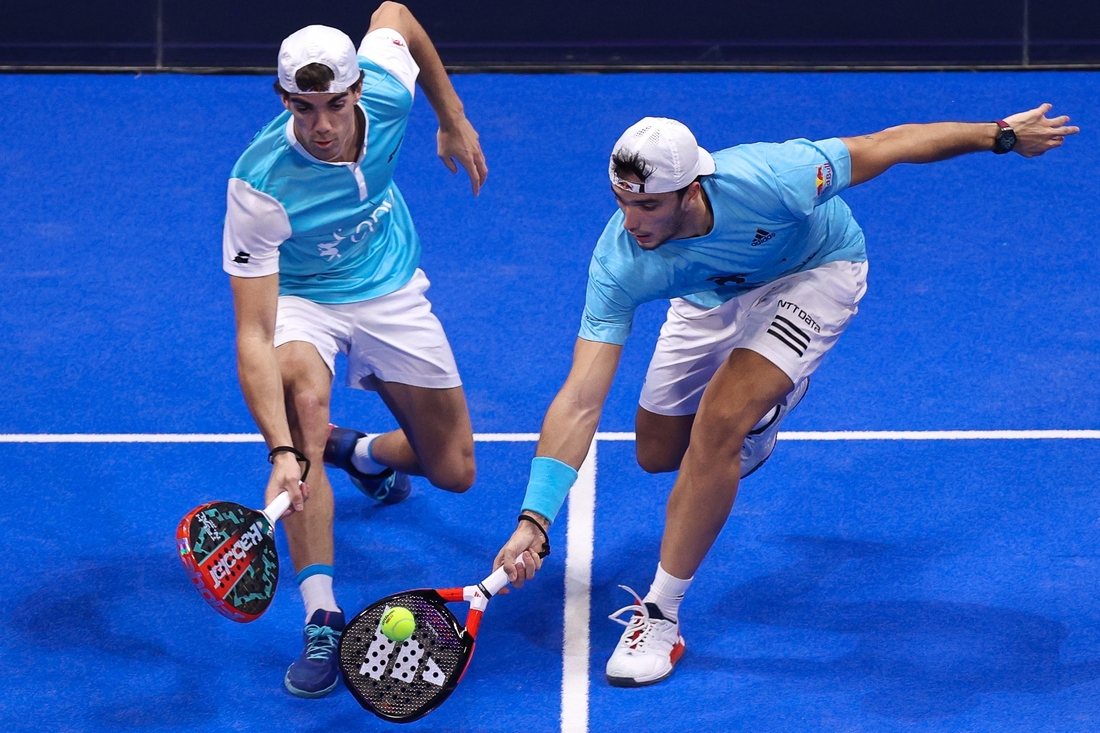Effective Communication Between Tennis Coaches and Parents
July 9, 2024
Effective communication between tennis coaches and parents is crucial for the development and success of young athletes. When coaches and parents work together, it creates a supportive environment that enhances the player’s growth both on and off the court. Here are key strategies for tennis coaches to communicate effectively with parents.

1. Establish Clear Expectations:
- Initial Meeting: At the beginning of the season, hold a meeting with parents to outline goals, expectations, and the overall coaching philosophy. This ensures that everyone is on the same page.
- Written Guidelines: Provide a written document that details practice schedules, competition expectations, and communication protocols. This serves as a reference for parents throughout the season.
2. Foster Open and Honest Communication:
- Regular Updates: Keep parents informed about their child’s progress, upcoming events, and any changes to the schedule. Regular emails, newsletters, or a dedicated team app can facilitate this.
- Open Door Policy: Encourage parents to reach out with questions or concerns. Let them know the best times and methods to contact you, whether by phone, email, or in person.
3. Focus on Positive Reinforcement:
- Highlight Achievements: Regularly share positive feedback about the player’s progress and achievements. This helps build the child’s confidence and reassures parents that their efforts are being recognized.
- Constructive Criticism: When discussing areas for improvement, frame feedback in a constructive manner. Emphasize what the player can do to improve rather than focusing on what they are doing wrong.
4. Address Issues Proactively:
- Timely Intervention: If issues arise, address them promptly with both the parent and the player. Delaying difficult conversations can lead to misunderstandings and frustration.
- Solution-Oriented Approach: Work collaboratively with parents to find solutions to problems. This might involve adjusting training methods, setting new goals, or seeking additional support for the player.
5. Educate Parents on the Sport:
- Tennis Knowledge: Help parents understand the technical and tactical aspects of tennis. This can include explaining training drills, match strategies, and the importance of mental toughness.
- Role of Parents: Educate parents on their role in supporting their child’s athletic journey. This includes providing emotional support, fostering a positive attitude, and encouraging good sportsmanship.
6. Manage Expectations:
- Realistic Goals: Help parents set realistic expectations for their child’s development and performance. Emphasize the importance of long-term growth over immediate results.
- Understanding Developmental Stages: Explain the different stages of athletic development and what parents can expect at each stage. This helps manage expectations and reduces undue pressure on the player.
7. Promote a Positive Environment:
- Team Culture: Foster a team culture that emphasizes respect, effort, and enjoyment of the game. Encourage parents to support this culture by modeling positive behavior and attitudes.
- Parent Involvement: Create opportunities for parents to be involved in team activities, such as organizing events, providing snacks, or assisting with logistics. This fosters a sense of community and support.
8. Provide Resources for Further Learning:
- Workshops and Seminars: Offer workshops or seminars for parents on topics such as nutrition, injury prevention, and mental training. This empowers parents with knowledge that can support their child’s development.
- Reading Materials: Recommend books, articles, and online resources that provide valuable insights into youth sports and tennis development.
Conclusion
Effective communication between tennis coaches and parents is vital for creating a positive and supportive environment for young athletes. By establishing clear expectations, fostering open communication, and providing education and resources, coaches can build strong relationships with parents that benefit the player’s overall development. Remember, the ultimate goal is to help young athletes enjoy the game, improve their skills, and grow both as players and individuals.


